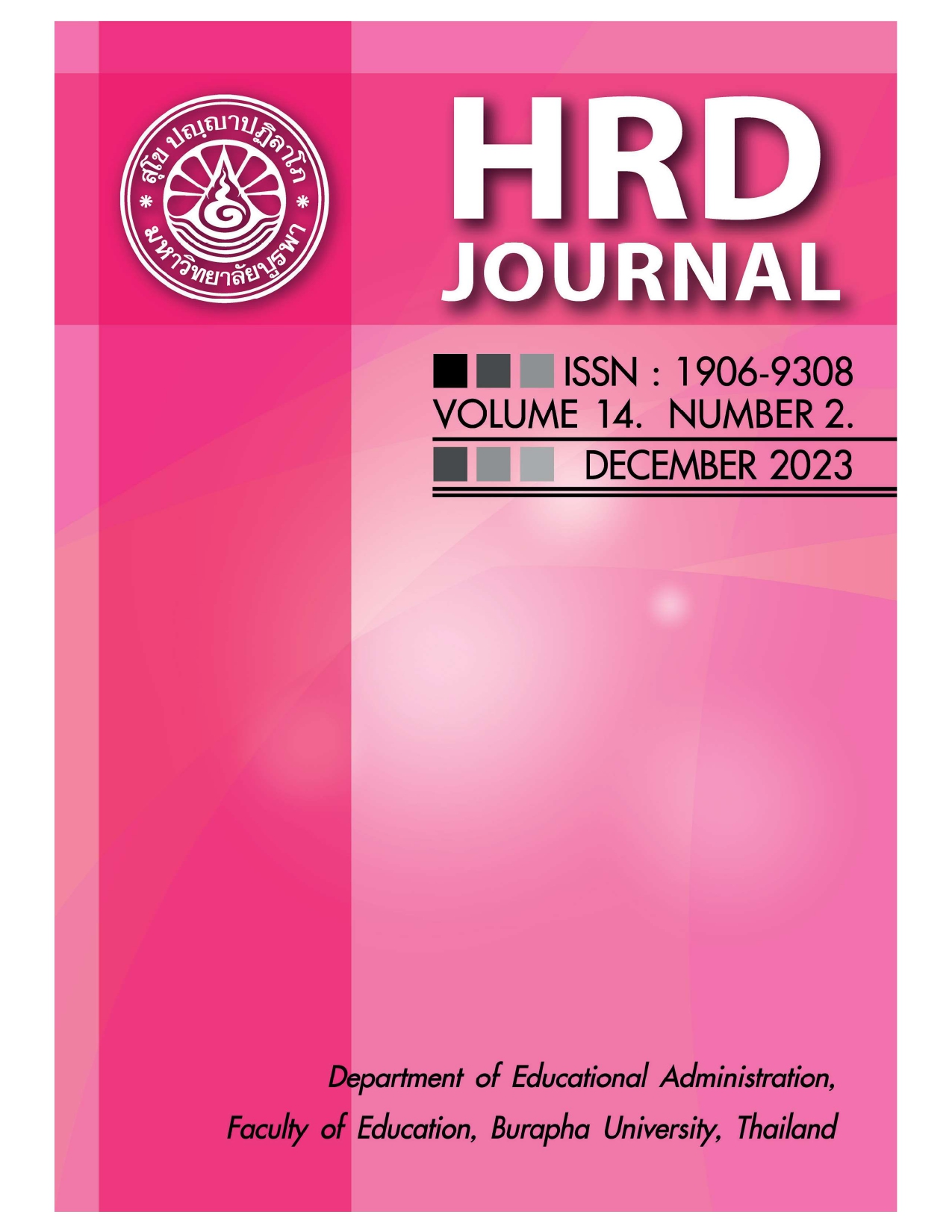STRATEGIES FOR RETAINING TOP TALENTS: MEETING THE EXPECTATIONS OF TALENTED EMPLOYEES IN ORGANIZATIONS
Keywords:
Retaining, Talented EmployeesAbstract
This academic paper's primary objective is to conduct a comprehensive analysis of the strategies modern businesses employ to retain their top talent. Using extant academic literature, the article begins by outlining the key characteristics that define talented employees. It then investigates the numerous factors that contribute to the high demand for such individuals in organizations. Following a discussion of talent and its significance, the article examines the obstacles companies face in their efforts to retain their most talented employees. These obstacles are discussed in the context of a rapidly transforming business environment, which includes intensified competition, changing employment expectations, and the growing significance of career advancement opportunities for talented individuals. The article provides a comprehensive comprehension of the obstacles organizations face in retaining talent by synthesizing scholarly insights and empirical research. In addition, the article provides a comprehensive overview and analysis of various strategies organizations can employ to effectively retain their top talent. These strategies, derived from a comprehensive review of academic literature, encompass a variety of aspects, including competitive compensation and benefits packages, fostering a conducive team environment, cultivating a positive and engaging work culture, implementing effective feedback mechanisms, providing ample opportunities for career growth and development, and promoting work-life balance initiatives. Each strategy is examined in detail, explicating their theoretical underpinnings and practical implications for organizations attempting to retain talented employees. This paper seeks to contribute to the existing body of knowledge regarding talent retention by combining academic perspectives and empirical evidence, thereby providing valuable insights for both researchers and practitioners. In addition, it functions as a comprehensive resource for organizational leaders, providing them with practical advice on how to retain and cultivate top talent within their respective organizations.
References
Adecco Group. (2021). Global talent competitiveness index 2020 special edition: global talent in the age of artificial intelligence. Retrieved from https://adecco.co.th/en/knowledge-center/detail/download-gtci-2020-report
Cappelli, P., & Keller, J. R. (2017). Talent management: conceptual approaches and practical challenges. Annual Review of Organizational Psychology and Organizational Behavior, 4, 305-331.
Chamorro-Premuzic, T. (2013). Why do so many incompetent men become leaders? And what can we do about it? Harvard Business Review. Retrieved from https://hbr.org/2013/08/why-do-so-many-incompetent-men
Cummings, T. G., & Worley, C. G. (2014). Organization development and change. USA: Cengage Learning.
Das, B., L. (2013). Employee Retention: A review of literature. IOSR Journal of Business and Management, 14(2), 8-16.
Deloitte. (2018). The rise of the social enterprise: 2018 deloitte global human capital trends. Retrieved from https://www2.deloitte.com/global/en/pages/human-capital/articles/introduction-human-capital-trends.html
DeNisi, A. S., & Griffin, R. W. (2005). Human resource management. Boston: Houghton Mifflin.
Duckworth, A. L., Peterson, C., Matthews, M. D., & Kelly, D. R. (2007). Grit: Perseverance and passion for long-term goals. Journal of Personality and Social Psychology, 92(6), 1087-1101.
Gallup. (2021). Employee Engagement: What and why. Retrieved from https://www.gallup.com/workplace/236927/employee-engagement.aspx
Ganster, D. & Rosen, C. (2013). Work stress and employee health: a multidisciplinary review. Journal of Management, 39, 1085-1122.
Guerra, J.M.M., Danvila-del-Valle, I. & Mendez-Suarez, M. (2023). The impact of digital transformation on talent management. Technological Forecasting and Social Change, 188, 122291.
Harvard Business Review. (2021a). The power of feedback. Retrieved from https://hbr.org/2019/01/the-power-of-feedback
Harvard Business Review. (2021b). Work-life balance. Retrieved from https://hbr.org/topic/work-life-balance
Jarvi, K. & Khoreva, V. (2020). The role of talent management is strategic renewal. Employee Relations, 42(1), 75-89.
Kimbrough, K. (2022). The Great Reshuffle in 2022: Top trends to watch. Linkedin. Retrieved from https://www.linkedin.com/pulse/great-reshuffle-2022-top-trends-watch-karin-kimbrough
Masa’deh, R., Yassin, H., Shatnawi, Y., & Obeidat, B. (2018). Reviewing the literature of the effect of talent management on organizational effectiveness. Journal of Social Sciences, 7(2), 139-156.
Pagano, M. & Prcariello, L. (2023). Talent discovery, layoff risk and unemployment insurance. European Economic Review, 154, 104406
PwC. (2020). Working together to build a better tomorrow. Retrieved from https://www.pwc.com/gx/en/about-pwc/global-annual-review-2020/downloads/pwc-global-annual-review-2020.pdf
Scullion, H., Collings, D.G., & Caligiuri, P. (2010). Global talent management. Journal of World Business, 45(2), 105-113.
SHRM. (2021). Employee job satisfaction and engagement: The Road to Economic Recovery. Retrieved from https://shorturl.at/ahtuQ
Sturman, M. C. (2018). Human resource management: a critical approach. Sage Publications.
Suknunan, S. & Bhana, A. (2022). Influence of employee-manager relationship on employee performance and productivity. Problems and Perspectives in Management, 20(3), 28-42.
Downloads
Published
How to Cite
Issue
Section
License
Copyright (c) 2023 Department of International Graduate Studies in Human Resource Development, Faculty of Education, Burapha University

This work is licensed under a Creative Commons Attribution-NonCommercial-NoDerivatives 4.0 International License.
Copyright@HRD Journal, Burapha University






